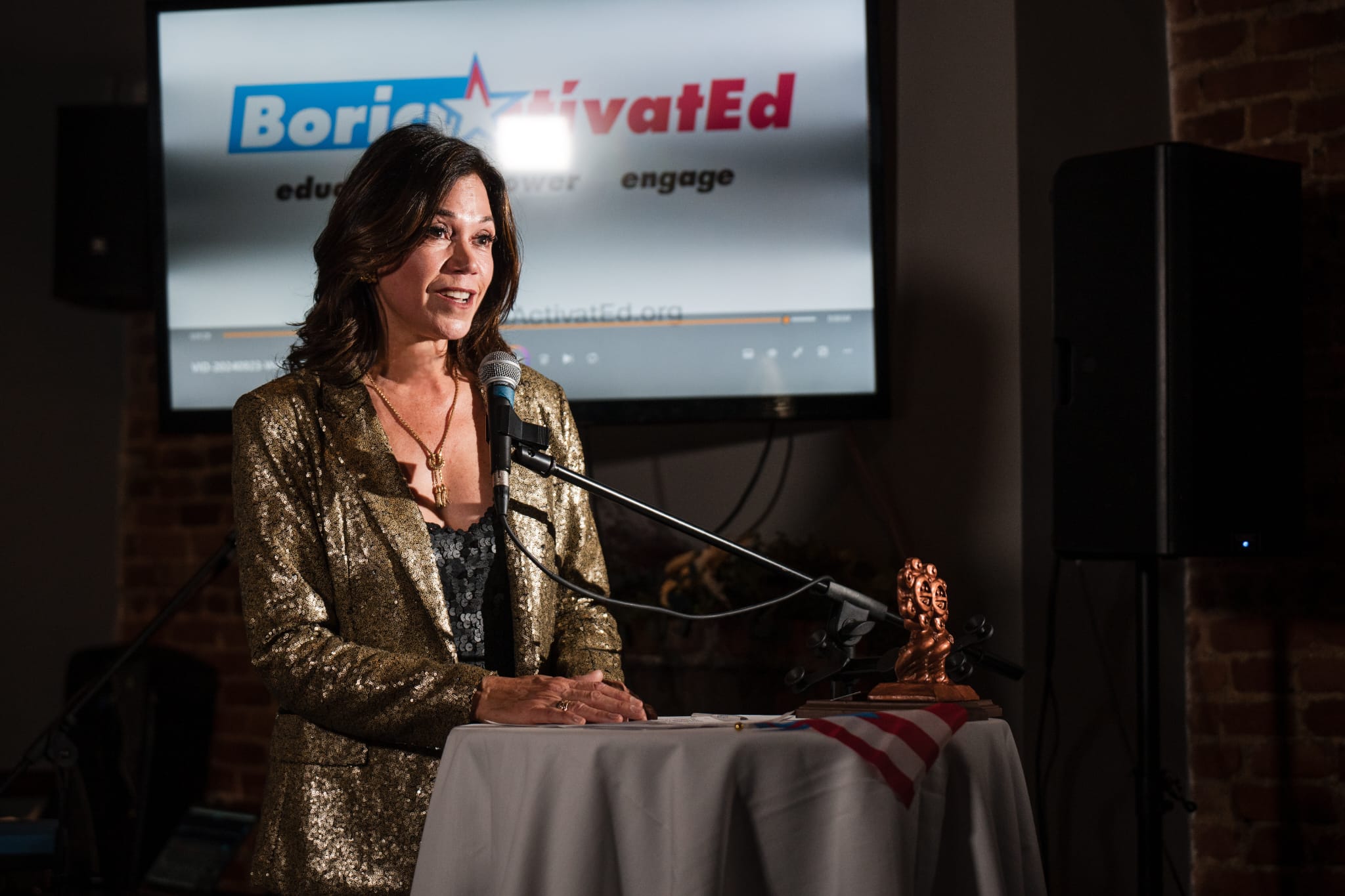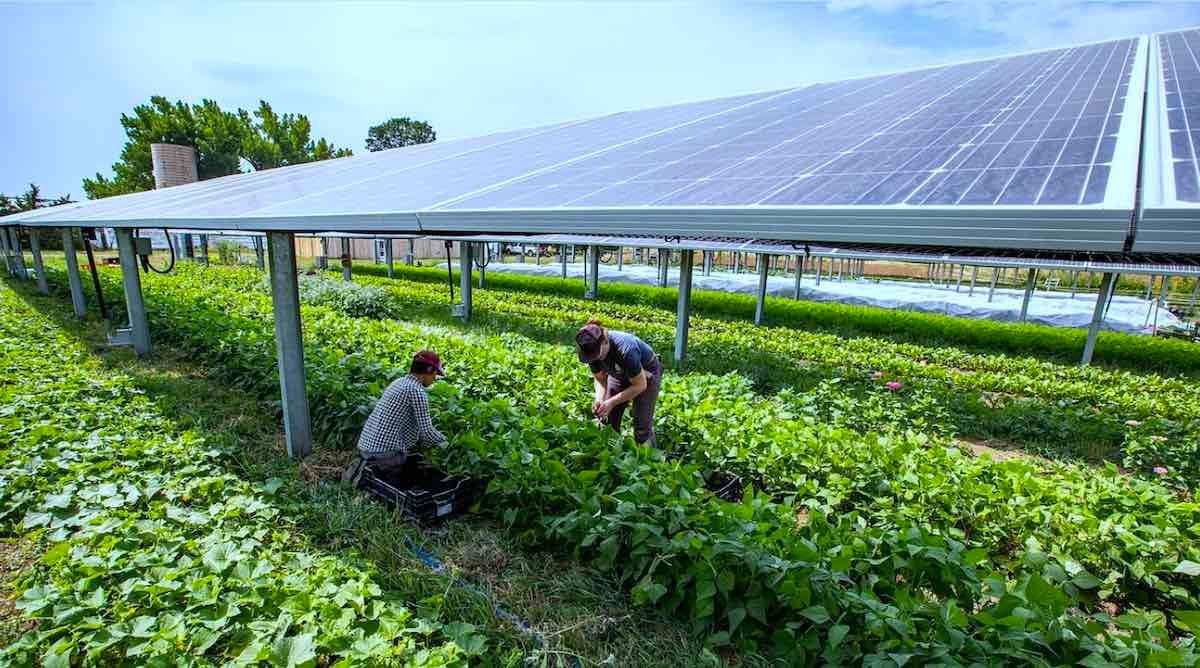Census Bureau: Puerto Rican Salaries are Far Below those of the Poorest State
Puerto Rico is currently the U.S. jurisdiction with the highest level of social inequality.
The median salary for a full-time worker in Puerto Rico is $23,538. In contrast, the median salary for a full-time worker in Mississippi, the poorest state in the union, is $37,001—a difference of 57%. Similarly stark differences are seen across multiple fields of employment: teachers in Puerto Rico make just 67% of what their Mississippi counterparts make, while truck drivers in Puerto Rico only make 45% of what Mississippi truck drivers make.
Workers in Puerto Rico are not only paid less, but they are also forced to spend more: the cost of living on the Island is 9% higher than that of Jackson, Mississippi’s capital.
A full-time worker making the minimum wage in Puerto Rico – $7.25 an hour – would bring in $15,080 per year, placing them below the federal poverty level of $16,910. Regardless, entities such as the Puerto Rico Chamber of Commerce (CCPR, in Spanish) have expressed disapproval of an increase in the minimum wage, citing alleged concerns that such a hike would harm businesses on the Island. In a statement that he later walked back, José Ledesma Fuentes, president of the CCPR, indicated that although he would not be able to live on the minimum wage, many Puerto Ricans could.
Legislature May Vote on Civil and Electoral Code this Week
The Puerto Rican legislature is preparing this week to vote on two major pieces of legislation, the Civil Code and the Electoral Code, despite controversies surrounding their contents and calls for further discussion. Senate President Thomas Rivera Schatz has stated that he has the votes to pass them.
Of the two measures, only the Civil Code has been discussed in public hearings in the House; discussions surrounding the bill in the Senate have been treated with the utmost secrecy by the Senate president. The Electoral Code was the subject of merely a single joint hearing.
The Civil Code, in particular, has been the subject of much criticism. This has included objections from celebrities such as Ricky Martin, who argued that the bill, if passed in its current form, would represent a step backwards for Puerto Rico’s LGBTQ communities and hinder practices like surrogate pregnancies. Additionally, more than 70 organizations have called for hearings on the proposed amendments to the bill.
Florida Puerto Ricans’ Vote Uncertain, Despite Anti-Trump Sentiments
While 73% of registered Puerto Rican voters in the state of Florida have expressed disapproval of President Donald Trump, this may not translate into a larger number of votes for his eventual opponent, according to a poll by Equis Labs. Of those polled, only 67% indicated that they were “highly motivated” to vote.
Puerto Ricans make up a large and growing percentage of Florida’s Latino electorate, a number boosted by increased immigration following Hurricanes Irma and Maria in 2017. However, efforts by Democrats to harness their potentially decisive voting power during the 2018 midterm elections were not entirely successful, in part because Puerto Ricans do not represent a united voting block; of the nearly 370,000 Puerto Ricans registered to vote, 180,000 are registered with the Democratic Party, 70,000 are registered Republicans, and 120,000 are not affiliated with any party at all. Similarly, of those polled by Equis, 21% indicated that they would vote to re-elect Donald Trump, while 63% stated that they would vote for his Democratic opponent; 16% remain undecided.
The poll also revealed Florida Puerto Ricans’ views on a number of other issues. When it came to placing responsibility for the Island’s instability, 58% of those polled blamed the Island’s government, while 19% blamed President Donald Trump and 15% blamed the Financial Oversight and Management Board (FOMB). On the status issue, 57% supported statehood, 26% supported the current commonwealth status, and 6% supported independence.
Statehood Bill Introduced in Congress (again)
Late last month, Resident Commissioner Jennifer González introduced, the Puerto Rican Statehood Admission Act, which if passed would fund the third status referendum to be held since 2012. Although the bill has a degree of bipartisan support, its chances of success are dubious. Even if a referendum were held, its results would be non-binding, and Puerto Rico’s fate would remain, as always, in the hands of Congress.
One significant difference between the current bill and the 2018 bill, is the makeup of Congress. The 2018 bill, despite having the support of 53 lawmakers from both parties, never made it to the floor of the then Republican-controlled House. The House is now under Democratic control. Nevertheless, any bill would then have to be passed by the Senate, still led by Senate Majority Leader Mitch McConnell.
Share
STAY IN THE LOOP
Subscribe to our free newsletter.
La organización BoricuaActivatEd celebró su séptimo aniversario con reconocimientos al líder de la red evangélica Esperanza y de la comunidad boricua de Filadelfia, Luis Cortés, y el legendario artista Antonio Martorell. Cortés, premiado por su
tudy: Economy leading factor for Puerto Ricans moving to Florida A new survey unveiled Monday in Washington, D.C. sheds new light on factors contributing to Puerto Ricans moving to the state of Florida. The Puerto
New federal funds for solar, battery storage announced The Department of Energy (DOE) on Thursday announced a conditional commitment to finance new solar and battery storage facilities on the southern coast of Puerto Rico. The investment




